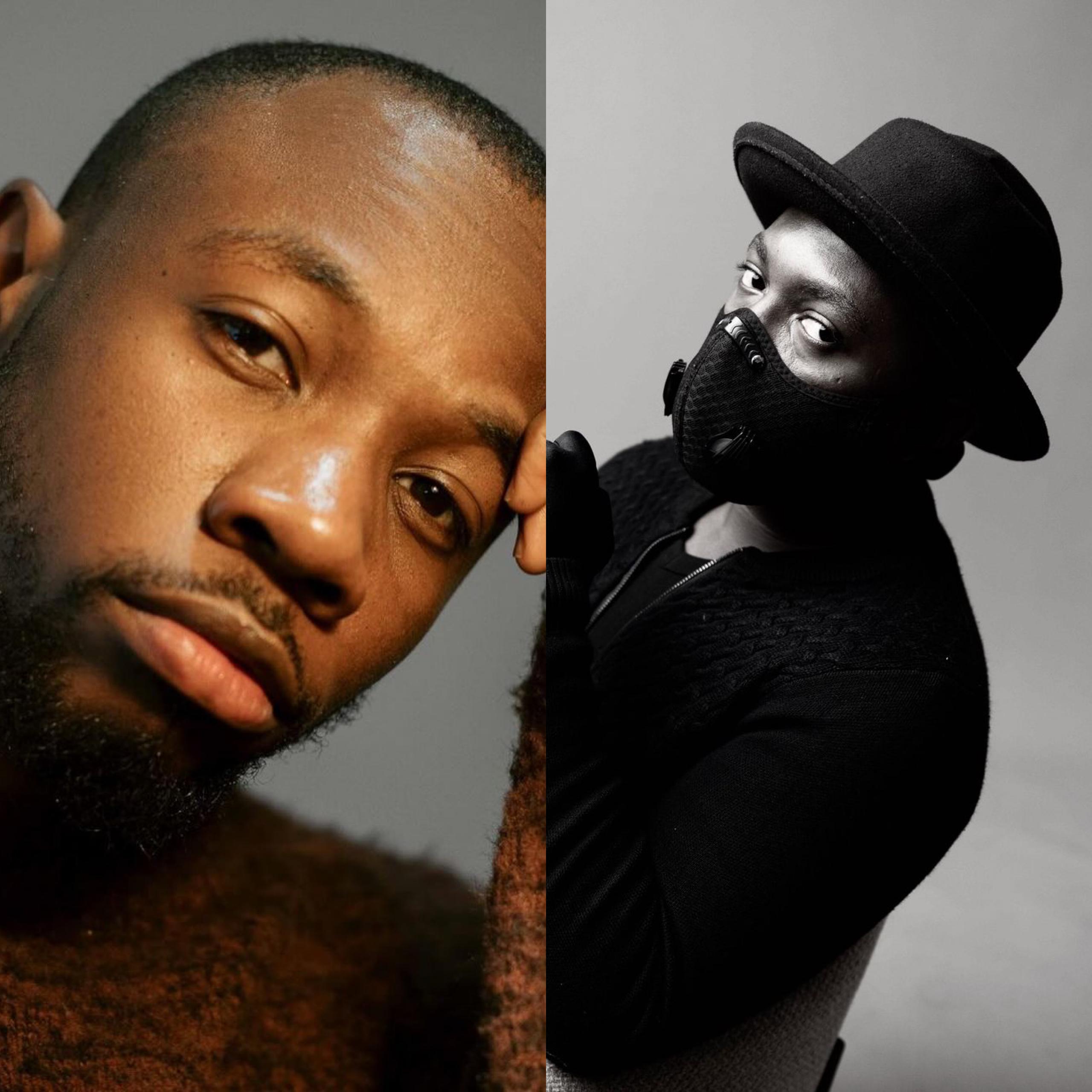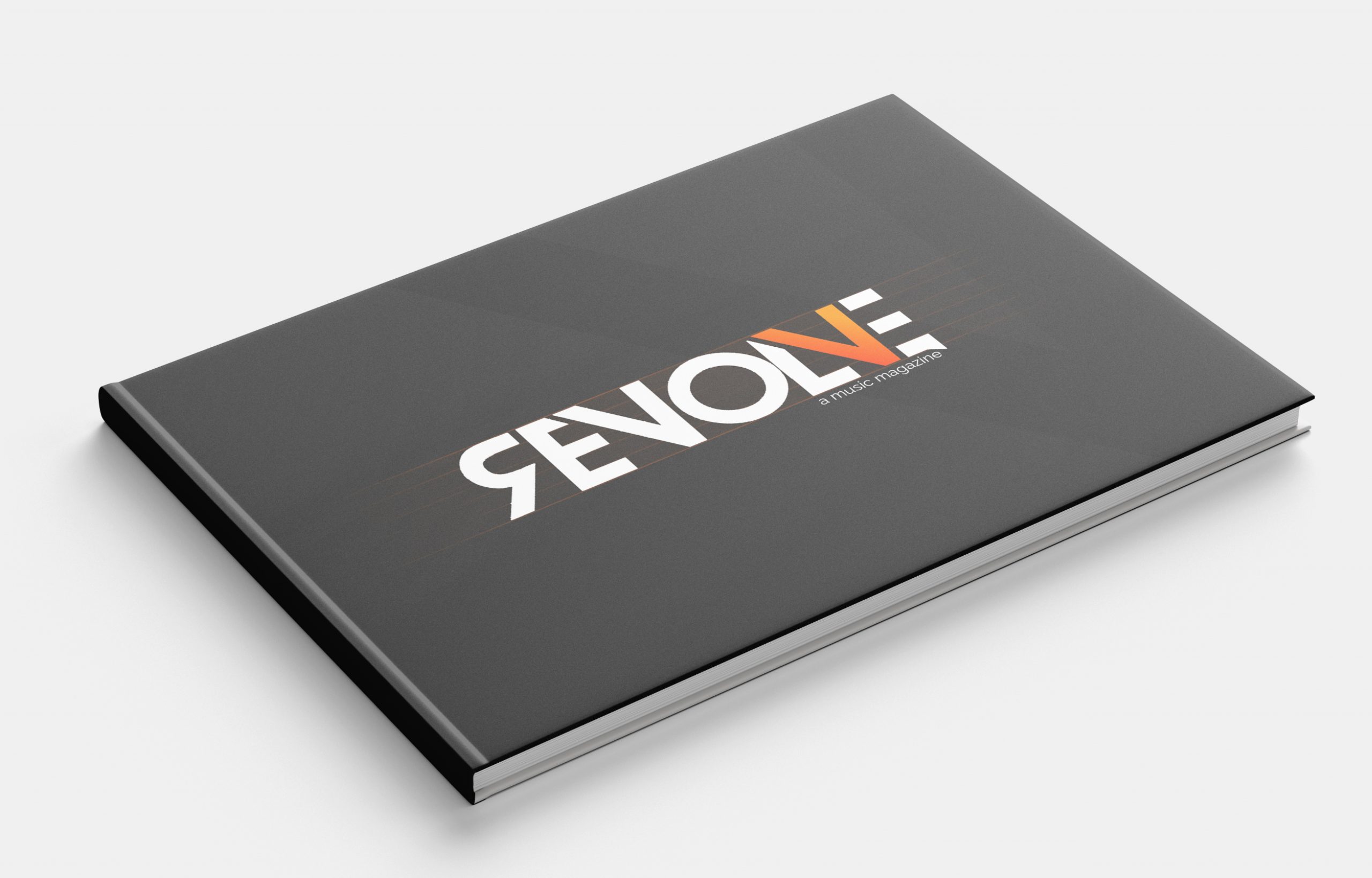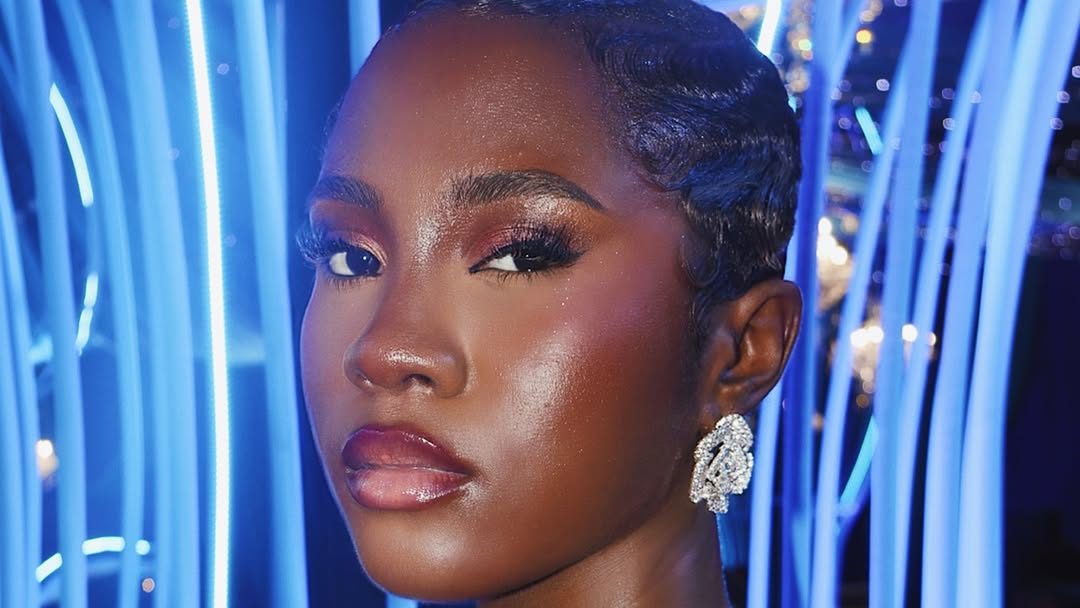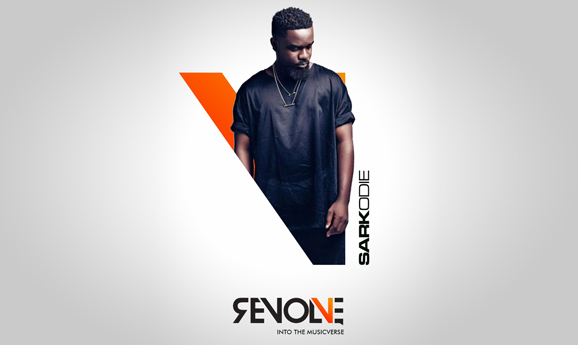Growing up in certain parts of the world, addiction was often viewed through a narrow lens—primarily associated with hard drugs and substance abuse, often seen as the vice of societal misfits. However, as life unfolds and one encounters diverse experiences, it becomes evident that addiction extends far beyond these early perceptions.
This broadening of understanding is precisely what “Addicts Anonymous,” the latest joint album by Ghanaian rappers Kookusi and RBD, seeks to explore.
From the very beginning, the album sets itself apart, not just thematically but also through the unique lives of its creators. Kookusi, who juggles his rap career with professional life in neuroscience, and RBD, who balances being a lawyer, bring a depth to the album that is hard to replicate.
“I think Kookusi being outside doesn’t affect it much because I mean there’s technology these days. Our challenge was finding time outside our professional life to be doing this but regardless we were still able to complete the mission,” RBD, one half of the duo shares with Revolve Muzic.
Their backgrounds contribute to the authenticity and intellectual rigour of the project, as they delve into various forms of addiction beyond the stereotypical narratives.
“There weren’t any personal experiences sampled because we wanted to make this sound as authentic as possible. We did research and watched some series of interviews to be able to embody the addicts,” RBD reflects on the creative process.
The album opens with “Welcome,” somewhat of a thesis statement. Here, the listener is introduced to “Rox,” the therapist who will guide them through the album’s thematic journey. It’s a clever device that frames the album as a therapy session, setting the stage for the introspective and often challenging topics that follow.
“Sex,” a standout track, features Anabel Rose, one of Ghana’s finest vocalists on the rise and a leading force in the alternative music scene. The song tackles the effects of child molestation and trauma, exploring how these experiences can manifest as hypersexuality, sexual obsession, and a perpetual battle with inner demons. The inclusion of Anabel Rose adds a haunting, emotional depth to the track, making it one of the album’s most poignant moments.
“Power” shifts the focus to the addictions of the wealthy, a theme often overlooked in discussions of addiction. The track highlights how even those with means are not immune to the grip of addiction, whether it’s to wealth, status, or control. It’s a sobering reminder that addiction cuts across all societal levels.
“Sofo Yomo Brown” acts as a breather in the album, where Rox the therapist returns to commend the listeners for their bravery. However, this interlude takes a twist, adding a layer of tension that propels the narrative forward.
The album’s tone lightens slightly with “Money,” a track that stands out for its infectious beat while still adhering to the album’s central theme. Here, Kookusi and RBD explore the compulsive behaviours surrounding gambling and debt, framing it in a way that’s both engaging and thought-provoking.
“Screen,” featuring Arathejay, is another highlight, delving into the modern addiction to screens, social media, and video games. The track critiques how digital addiction can create a distorted sense of reality, leading to issues like cyberbullying and social isolation.
“Drugs,” a more traditional take on addiction, deals with how people use substances to escape from reality, whether to cope with grief, pain, or the overwhelming pressures of life. It’s a sombre reflection on one of the most recognized forms of addiction but presented with the duo’s unique insight.
The album closes with “What Now,” where Rox poses a final question to the listeners: “What kind of life do you really want for yourselves?” The track ends on a cliffhanger, leaving the listener to ponder their own choices and the album’s overarching questions.
For RBD, a community that shares a lived experience is as important as the music he does, “To me, building your own community of people with unique shared interests is way better than blowing up for doing what everybody else is doing. I’m allergic to being regular.”
While RBD has confirmed that the album is not intended to be part of a series, the open-ended nature of the conclusion leaves room for future exploration of related themes.
“Addicts Anonymous” is more of a conversation starter. Kookusi and RBD have crafted a project that is as intellectually stimulating as it is musically engaging. By addressing the stigma associated with addiction and broadening the scope to include lesser-discussed forms, they have created a work that resonates on multiple levels. While RBD hesitates to label the album as advocacy, its impact in raising awareness is undeniable.
By: Jude Tackie





























